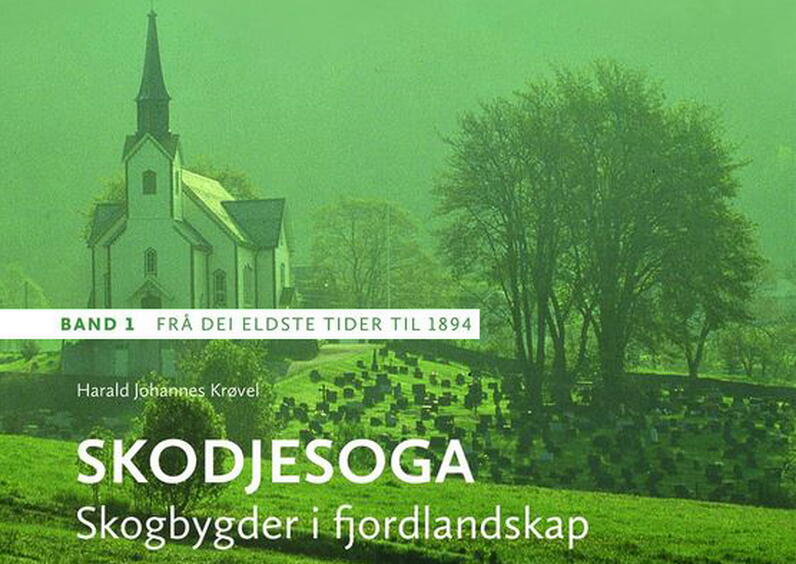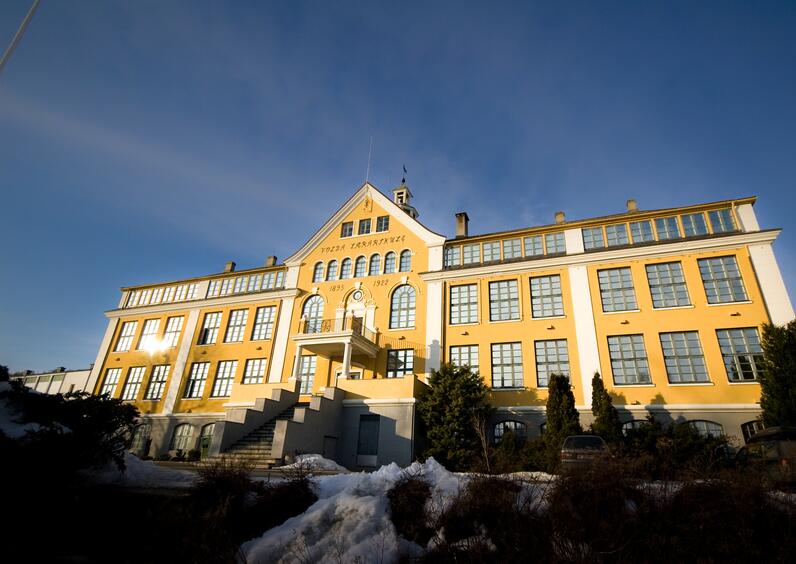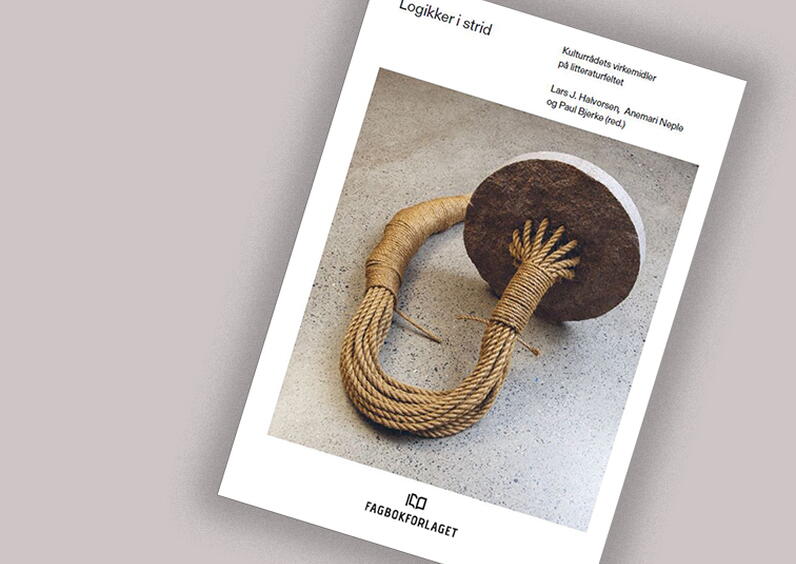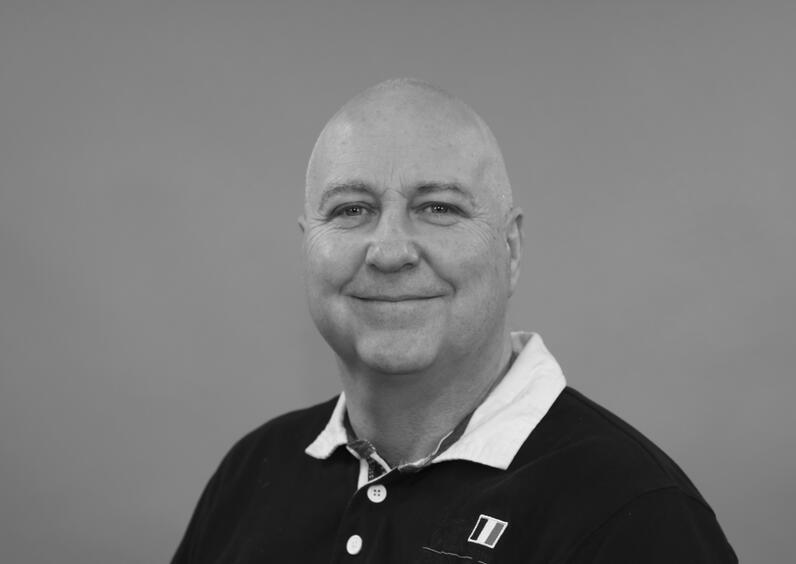Travel to Austria and learn about the EU
With IPA113/213 you have the chance to travel to Austria on an excursion to learn about regional development in the European Union.
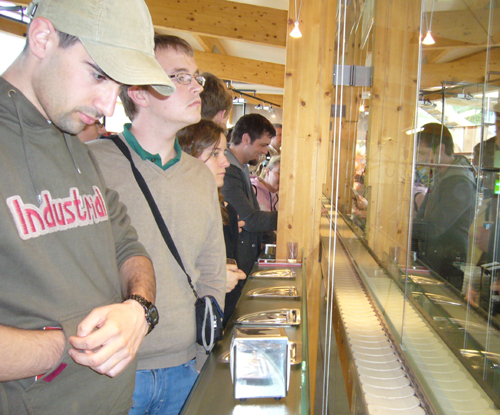
Does regional development in the EU sound boring? Well, just ask one of the 20 students who took the course last spring, and he or she will tell you that it was not. Not only do you get to go to Austria, there are also three teaching weeks included in the course.
The excursion
The lecturer, Nathalie Homlong, comes from Austria’s capital Vienna, and serves as both guide and lecturer when being in Vienna. In Vienna you will have lectures about Austria’s relationship to the EU and regional development. Last spring the excursion went from Vienna to Austria’s second biggest city Graz, which is a former European capital of culture.
In Graz we had a lecture on how the EU has contributed to developing Graz followed by a sightseeing tour of the city. From Graz we travelled to a small town in the Alps called Admont where we visited a national park, which has received funding from the EU. We also had a day-trip to Vulkanland, a region which has experienced a tremendous growth in large part because of EU funding. Vulkanland is famous for its food. We got the chance to taste some delicious dishes when visiting a remote wine farm.
We also had the opportunity to experience some of the nightlife and had a great deal of fun in different parts of Austria. The excursion lasts almost a week.
Interesting experiences
When I was a child, I loved candy, especially chocolate. And during our stay in Vulkanland we visited the renowned chocolate factory Zotter, which is one of the leading companies in Vulkanland and is therefore important for the economic development of that region. It seemed almost unreal to stand next to a production line, where more and more chocolate kept on coming. In all there were 35 different types of chocolate we could eat. Most of us went out there somewhat sick, but it was nevertheless a tasty experience.
In Norway we often quarrel among each other which effects the EU would have had on our country. In Austria you get the chance to see what has happened before they entered in 1995 and after. However, you have also the chance to visit even newer EU members if you prolong your trip and start off east of Vienna.
Extend your trip
If you want to take an early summer vacation or perhaps a spring break, an extension of the trip is by all means possible. Three of the students successfully extended their trip to include Budapest and Bratislava and joined the rest of the class in Vienna.
About the course
The lectures are held in English, so that all students, domestic as well as international, are able to choose this course. Last semester about half of the students were international students and the rest were Norwegians. The official name of the course is “Regional Development in the EU and other policy areas”, meaning that you also learn about the EU in general as well as regional development in different areas of the union.
IPA 213 gives you 15 study points. In order to complete this course you need to hand in a paper about a topic related to the EU of your own choice and take a written exam. IPA 113 includes the same as IPA 213 except that you do not take a written exam and only get 10 study points if you pass.
This article was written by Daniel Drageset who studies journalism at HVO.
More about Bachelor in Planning and Administration
What subjects does this Bachelor contain?
If you have any questions about the EU course, please direct them to
Nathalie Homlong. nh@hivolda.no


